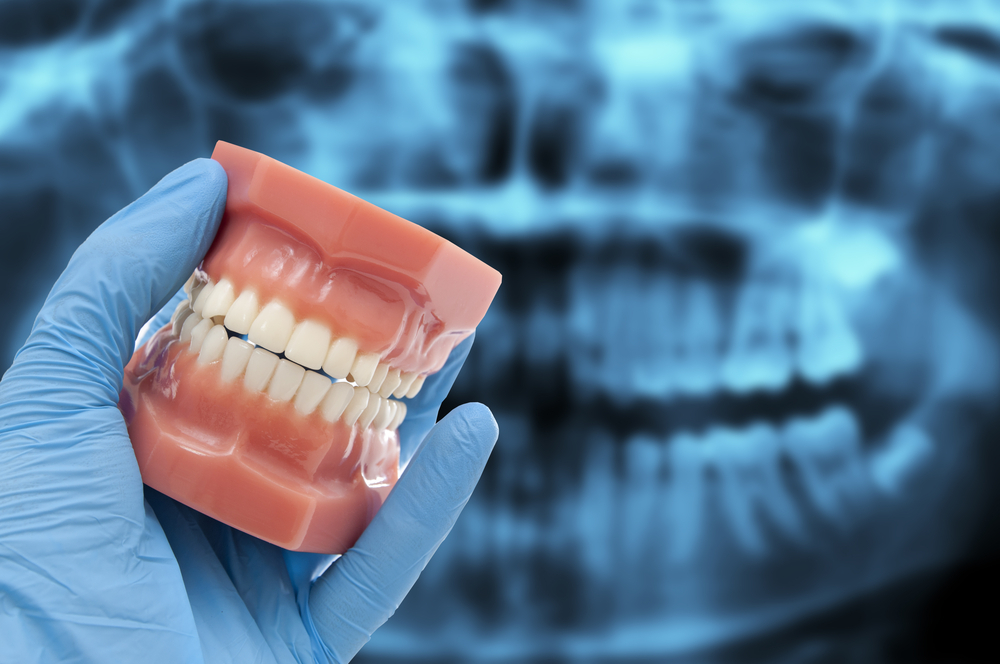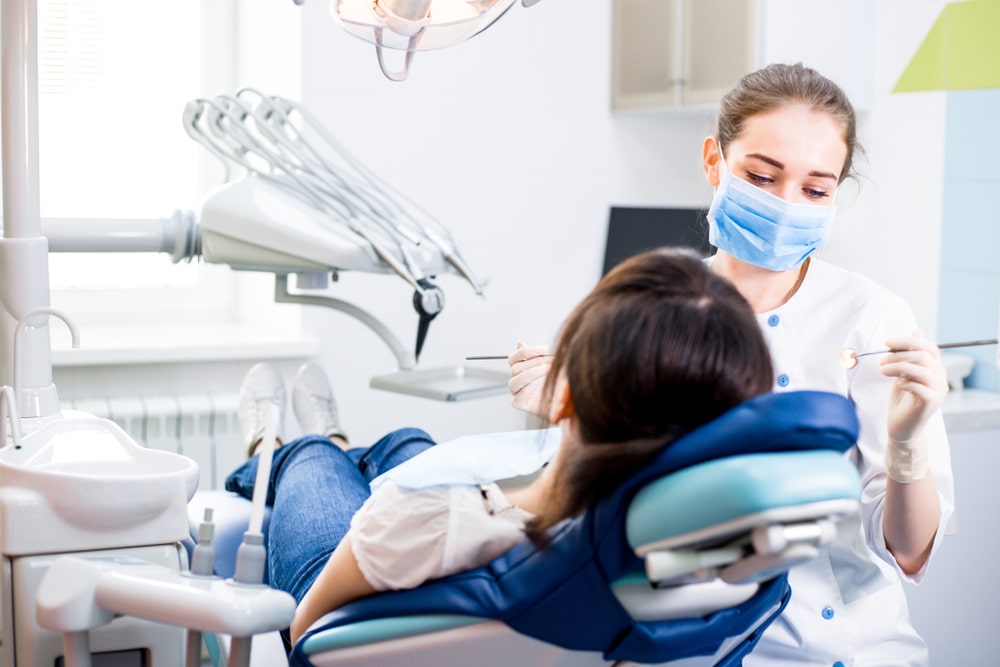Imagine if your jaw ached when you opened and closed your mouth, or sometimes you heard a telltale clicking or popping sound when you spoke or chewed food. Sometimes you might even experience stiffness in your jaw that feels like a precursor to lockjaw, or your jaw may lock up against your will and you have no way to correct it. You think you may have temporomandibular joint disorder, but without a proper diagnosis, you can’t be sure. So, you do the logical thing and schedule an appointment with a dentist. But how do you know your dentist is using the right method to diagnose the problem? And what exactly is the right method? In the old days – and in many modern-day practices – disorders such as temporomandibular joint disorder, or TMJD, were partially diagnosed using something called articulating paper. Articulating paper is a sheet of paper that patients bite down on to show the alignment of their bite. It was a good idea in theory, but over time dentists realized that articulating paper has some pretty big pitfalls. Namely, while you can see the alignment of the bite, you cannot see which teeth bite down first or hardest, nor can you see the dispersion of pressure on the bite. Enter the Tekscan, or T-scan, machine. The T-scan machine is the best tool available to any dentist to measure dental occlusion (where the upper and lower jaw meet in the mouth) from a bad bite (called malocclusion) or temporomandibular joint disorder. A T-scan machine measures how the teeth make contact with each other, and the force with which they do so. The T-scan machine delivers instant results via a small, hand-held device that connects to a computer. By reading the data gathered by the T-scan, Dr. George can determine whether you have malocclusion or TMJD and can better formulate an accurate treatment plan to get your teeth looking and feeling their best. When you choose a dentist who uses the T-scan machine, you are choosing to benefit your bite with the newest and best occlusal measurement technology available today. To schedule your own T-scan, please call Dr. George’s office at 724-220-2347.




